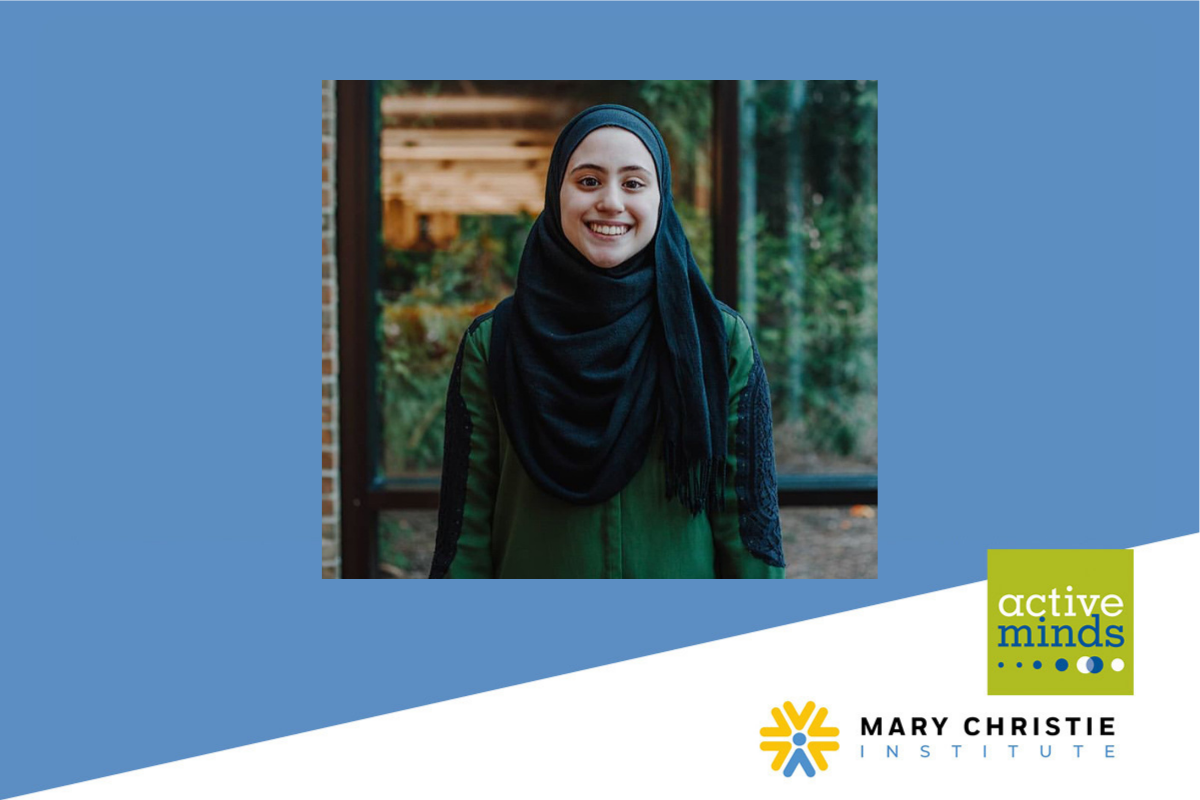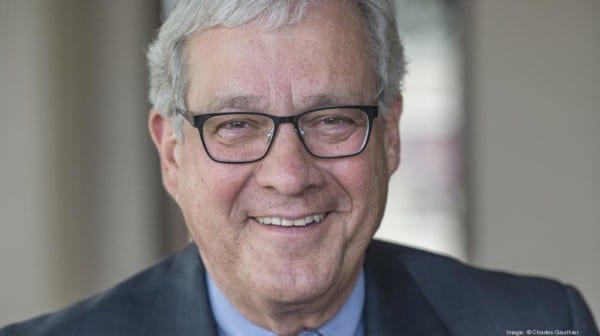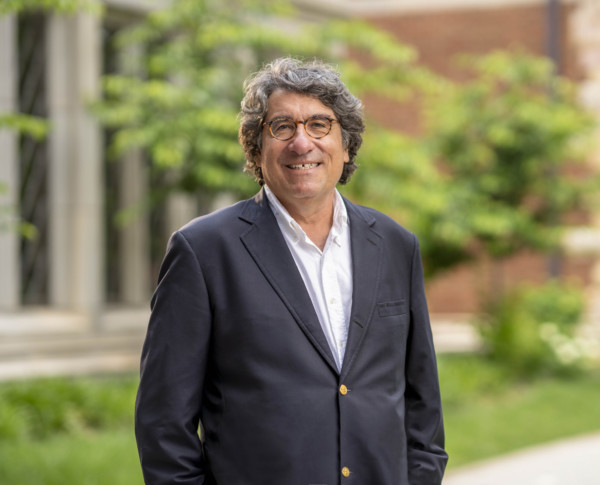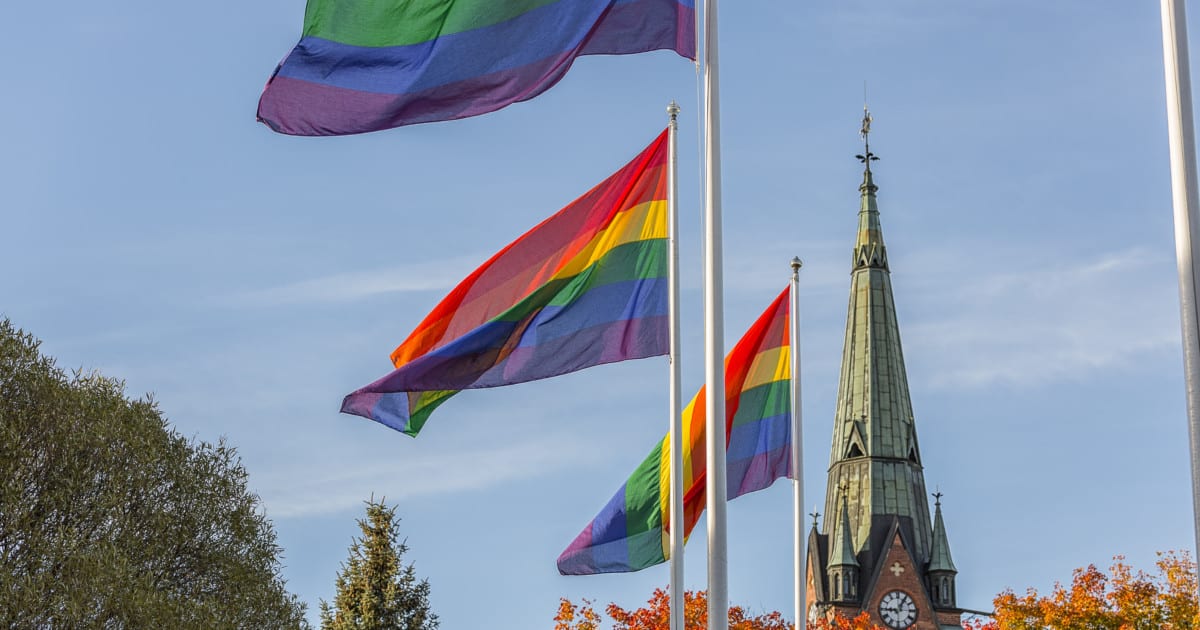To the Arab American Muslim community, stigma around mental health is anything but new. According to a pilot study that assessed the attitudes toward depression in Arab American Muslims, 34.7% of respondents reported that black magic or evil eye could cause depression.
While the Arab and Muslim communities are two separate communities, they sometimes intersect. In areas like Dearborn, MI, the majority of Arab Americans are Muslim, and vice versa, which makes the city a key area in assessing mental health among Arab American Muslims, and providing a unique look into how the community perceives mental health, mental illness, and receiving treatment.
As highlighted in an article in the Scholarly Undergraduate Research Journal at Clark, there are many barriers to accessing formal mental health services among the Arab American community, such as stigma, language barriers, finances, discrimination/bias among mental health providers, and understanding mental health and treatment. Dynamics such as the absence of a census box for Arab Americans in the United States makes studying the mental health of Arab Americans and providing adequate resources for the community challenging.
As in their common barriers to treatment, there are a number of mental health issues Arab and Muslim Americans share, starting with the difficulty of transitioning from one country to another. Many Arab Americans and Muslims are immigrants and refugees, and this only makes it more challenging for both communities to feel like they belong. For teens and young adults who have come to this country as children, this is exacerbated by feelings of resistance to the culture and norms of their parents’ generations.
“I definitely felt shame and fear of seeking help — partially from the stigma surrounding mental health in Arab communities, but also because I never thought I was a person that needed mental help.”
“Because I am the youngest in my house, I used to always want to interact and engage in conversations with my family. However, my family has always pushed me away…and that stuck to me for years and years later.” said Hamzeh E., a Palestinian-Syrian Muslim American and undergraduate student at the University of Detroit Mercy. Hamzeh was born in Syria and moved to another country as a child. “In 2006, my family moved to Saudi Arabia, and that was very tough for me. I stayed there from second grade until the end of ninth grade. I used to get bullied and harassed a lot, and it really took a huge toll on me and my life…I had never talked to my parents [about it] because I would feel embarrassed.”
Even while feeling neglected by family growing up, and getting bullied at school in Saudi Arabia, Hamzeh faced even more challenges when he moved to America, and more specifically, to Dearborn, MI. “But here [in America],” Hamzeh continued, “There was more mental pressure on [me] adapting and chasing my future.”
For people like Noora Aldulaimi, moving within states and communities brought on the lack of a sense of belonging and the mental health challenges that came with it.
“I struggled with depression and anxiety all throughout high school and college,” said Noora, an Iraqi-American and senior at the University of Michigan-Dearborn. “It initially started in middle school when I felt like an outcast because I was the only Muslim and hijabi [woman wearing a headscarf] at school. I felt like there were so many differences between me and my peers, so I started isolating myself from everyone, which made it worse.”
Noora grew up in Denver, Colorado, where, at the time, there weren’t many Arab Americans or Muslims. “I lived in an area that was majority White people, so they never understood my culture or religion. When I moved to Dearborn in 2016, I made so many Muslim and Arab friends, and it was really good for my mental health. I finally felt like I could connect with my peers,” Noora said.
Second-generation Arab American Muslims, many who have lived in one community their whole lives, face similar challenges.
“I suffered through depression and anxiety a large portion of my life, both reaching points that were considered severe,” said one Arab American Muslim who asked to be anonymous. “I remember being in elementary school, and if my mom was running a little late for me, I would have an anxiety attack…I realized later in high school that I was struggling, but I buried it just so I could take the next step of my academic career: college. While completing my undergraduate [career], I realized that my mental health was taking a toll on my grades and that I could no longer push it to the side. I carefully decided to meet with the counseling available on campus – and although I didn’t attend very many sessions, it was very liberating and helpful, because someone was listening to me and not trying to force drugs on me. Through the counseling, I found ways to help myself beyond the sessions and feel better, despite what life throws at me.”
One of the strongest common barriers young Arab American Muslims face when deciding to attend to their mental health is the stigma against seeking help that exists within their culture.
“I believe coming from an Iraqi – Middle Eastern ethnicity, it’s a bit taboo talking about our mental health, seeing as our parents and many generations before have neglected their mental health and never had the sources to truly understand it and treat it,” said Noora.
“I definitely felt shame and fear of seeking help – partially from the stigma surrounding mental health in Arab communities, but also because I never thought I was a person that needed mental help,” said Anonymous. “Perhaps it was a matter of pride, or maybe just that I believed in order to be independent, I needed to solve my own problems…Islamically speaking, mental health is important; but sometimes, culture prevents this from being recognized…And I am thankful for my religion that I am able to seek help in a divine way that counseling alone cannot necessarily provide,” said Anonymous.
Interestingly, many Arab American Muslim students who report struggling with their mental health also seek solace in their Islamic religion. The mosque (Islamic Institute of America) itself also offers therapy sessions,” stated Noora. “Although therapy is more acceptable now, I’ve found it challenging to get access to therapy. Whether it be finding a therapist who accepts my healthcare plan and not paying hundreds of dollars, or finding a therapist that I can connect with by sharing the same culture and religion.”
“Being a Muslim American, separating culture away from the religion, Islam actually talks about mental health excessively and offers so many sources – a majority of them making our feelings feel validated and telling us to reach out to God and vent to Him,” stated Noora.
While the stigma and barriers to treatment are ever-present, the landscape of mental health in the community is changing — and for the better.
“I think our city is starting to take a turn when it comes to mental health experiences, but a lot of the old rhetoric still stands, ‘only White people [struggle with mental health],’ and even ‘when I was young, we never had {insert mental health issue}; we were normal.’ But I feel at the same time, people are opening their eyes, and new ideas and perspectives are shining through,” said Anonymous.
“I think Dearborn is in the transitional stage, currently. We are moving towards being more accepting and understanding of others and their mental health struggles. More resources are being presented and more conversations are happening,” stated Noora. “I believe we are heading in the right direction. There are older generations who still struggle to accept and talk about mental health, but the youth is normalizing it more and more, which is great.”
Institutions such as the Institute for Muslim Mental Health, Khalil Center, and others are taking Islamically-integrated approaches to mental health to more effectively serve the Muslim community. Non-profit organizations such as the Institute for Social Policy and Understanding, Yaqeen Institute, and The Family & Youth Institute are conducting research, writing articles, and designing resources to not only educate the Muslim community about mental health, but to work toward mental healthcare equity for the Muslim community.
Dearborn, Michigan is also taking a lead role in providing services and resources for its Arab American Muslim community. Core Psych, PLLC is an integrative mental health clinic, with psychology and psychiatry at the core of their services. Their clinic provides a “safe, relaxing, and culturally competent environment.” My-Mental Wellness at the Islamic Center of Detroit also aims to provide “proactive mental health and wellness programs for youth and adults, enabling stronger mental health for all.”
Arab American Muslim mental health leaders are playing active roles in breaking the stigma and advancing mental health equity.
Shady Shebak is the CEO and Clinical Director of Core Psych, PLLC, and is of Egyptian and Lebanese descent. He is also a Clinical Professor of Psychiatry at Michigan State University. While Shady was in high school, he realized that he had a moderate case of Obsessive Compulsive Disorder (OCD) and Tourette’s. His interest in psychology grew in high school and stayed with him throughout college, where he became more interested in the cultural dimensions of mental health, especially within the Arab American Muslim population. “I found that the culture had some important protective factors, such as high emphasis on family, friends, and social life, but that some people from the Arab American population may feel like outsiders if they do not come from large families,” said Shady. “I felt these people tended to become marginalized by their community as well as from the greater American population. This opens up the door for little support options.”
With knowledge and practice in the mental health field comes the insight and wisdom of how Arab American Muslims can be best supported, especially when they are seeking help.
“The main disorders in my Arab American patients are the main ones in most communities, and include depression, anxiety, and substance use disorders,” mentioned Shady. “What I have learned from my patients is that their level of stigma is very similar to other communities, and they value privacy, which is understandable and respectable…The problem was not so much stigma as it was not having mental health accessibility to a clinic that understands and respects their culture.”
“The biggest thing I would like people to learn is to respect the culture of their patients, without pushing negative stereotypes,” said Shady. “For example, instead of constantly telling our community we have a stigma, let’s find out why a stigma may be present. Is it really a stigma, or is it due to lack of access to appropriate mental health care that has caused people not to seek treatment? By understanding the foundations of a culture, we can speak the language of our patients. By understanding the generational differences, we, too, can aid in how patients communicate with their families.”
Heba Dabaja, LLMSW, is a Lebanese Arab American mental health practitioner in the Dearborn area. She is also the Program Director and Founder of Express Fulfill Prosper, a non-profit organization whose mission is to “support individuals with psychological disorders and those within our communities to freely express themselves, effectively fulfill their goals, and efficiently prosper.” Heba has been on the frontlines in providing mental health support to individuals, especially during the pandemic.
“Social anxiety has been at an all-time high with my clients due to COVID-19 and quarantine. Whether young or old, these age groups are struggling with connecting to others, feeling comfortable in groups, and facing fears,” said Heba. “Suicidal ideations are more prevalent than I have ever imagined before coming into the field and many fail to realize how concerning this is.”
Like many Arab American Muslim mental health practitioners, Heba has noticed the mental health stigma and is glad to see it decreasing within the community. “Despite the stigma, I was always hopeful that therapy will become a norm, and I see it slowly happening as more young individuals, five year-olds to 23 year-olds, have been seeking services. I am happy to see the increase of Arab Americans as that means the stigma surrounding therapy and mental health has been decreasing.”
Perhaps the most promising sign for Arab American Muslim students is their willingness to support one another.
“You are not alone. You are loved and cared for, said Hamzeh E. “You have to do your part and evaluate your life and those you surround yourself with first. Then, find someone you can open your heart to. Trust me, I have opened my heart to many people; some hurt me and left, and others truly cared and listened to me – and I am forever grateful for them. It takes one person to hear us out to make us feel better. Also, most importantly, try to speak with your family members and make them engage in conversations with you.”




